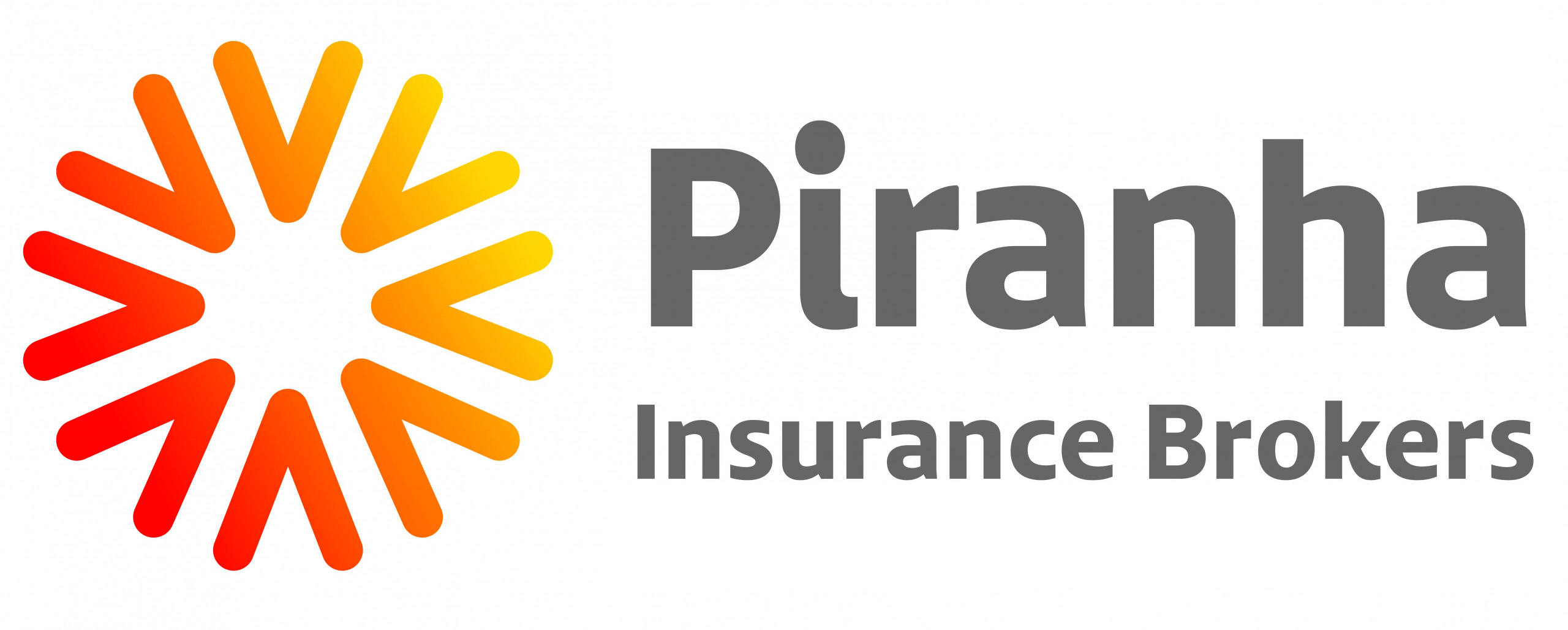Protecting against cyber predators
On May 13, 2017 many internet users in the UK, Europe and Russia woke to a major Ransom Cyberattack. The USA was lucky, they were able to stem the outbreak, but the total number of people, companies and Government bodies effected may never be known.
Hackers don’t care who it affects and we are all vulnerable and potential targets as the internet and email are two essential tools that are used to run and grow your business. Equally they can be one of the easiest paths to severely disrupt or ruin your business.
These international data crime gangs use sophisticated methods and systems such as
malware, ransomware and data phishing, which are all aimed at infiltrating your systems and hijacking your data. With the plan to steal usernames, passwords, access your accounts and pins, make purchases, or simply sell information about you to other parties for use in illegal purposes. Their goal is money with no thought of their victim’s ruined credit rating, lost money and ruined lives.
If your computer is successfully hacked and data locked up, the criminal’s promise to return your data is usually subject to payment of a ransom demand, usually Bitcoins; and in some
circumstance even if payment is made, your data may not be released.
Whilst Australian law enforcement authorities state that the smaller ransom demands are known by the criminals to be more successful, as those affected are prepared to quickly pay small amounts and not report the problem, demands in the thousands of dollars have been seen recently in Australia in the small business sector.
Microsoft had already issued patches but many users do not always immediately install updates or are still operating on old program versions for which no updates are available.
There are actions you can take to reduce your risk to these gangs, protect your systems and your business. Industry specialists recommend these actions to protect against cyber predators:
- Use a firewall.
- Update your system regularly.
- Use up-to-date program versions.
- Increase your browser security settings.
- Avoid questionable websites.
- Only download software from sites you trust.
- Use antivirus protection.
- Install antispyware protection.
- Use a pop-up blocker.
Most importantly, instigate a regular data back-up regimen with at least one copy off site. In addition, Cloud storage via Dropbox or similar services is a growing and reliable option.
When all else fails, further protection is available in the form of new and developing insurance products that can help you pick up the pieces following a cyber-attack event.
As software developers know, hackers develop viruses and intrusive encryption systems even before a new piece of software is released to the market. Do what you can to keep your
commercial information safe and talk to us, your broker about what covers are available to stay one step ahead.






